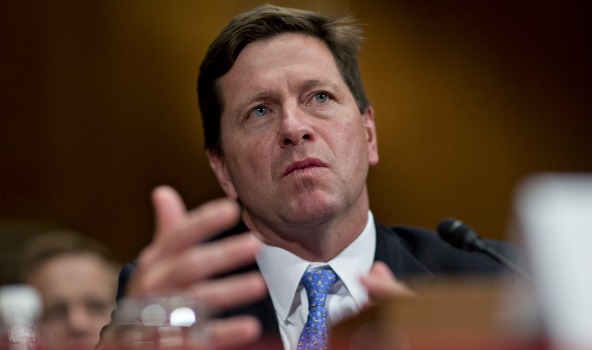
by Rana Foroohar
The US market in public share listings is ailing; over the past two decades, the number of initial offerings has plunged 45 per cent.
That is one reason Barack Obama, then president, passed the Jumpstart Our Business Startups Act, which allowed listing companies worth less than $1bn to keep their finances private for longer.
The Trump administration recently loosened those standards to include any company of any size, the idea being that less onerous reporting standards would encourage more public offerings.
Jay Clayton, US Securities and Exchange Commission chair, positioned it as a big win for the little guy. The extent, he said, to which companies are eschewing public markets in the US makes most individual investors unable to benefit from their growth.

It is a laudable goal, not only when viewed through the lens of wealth sharing but also because companies that go public create jobs faster than those that remain private.
Yet the logic of loosening standards to increase the number of companies seeking to list is wrong.
It is true that the regulatory burden for public companies has risen, in part because of greater reporting demands following scandals such as Enron and the financial crisis. But by and large, companies are not eschewing public markets because of what happens during the IPO process, but because of what happens before and after.
An increase in private funding sources, looser patent enforcement, added pressure for short-term results and a fraying social safety net that stymies risk-taking have reduced willingness to seek an IPO.
As Steve Case, chief executive of Revolution, a Washington-based venture capital group, and founder of AOL, recently pointed out, “companies used to go public to actually raise operating capital”. Now the goal of an IPO is all too often for investors to “exit” with as high a valuation as possible.

